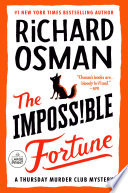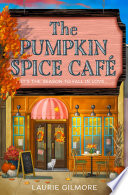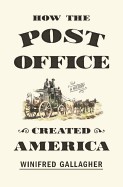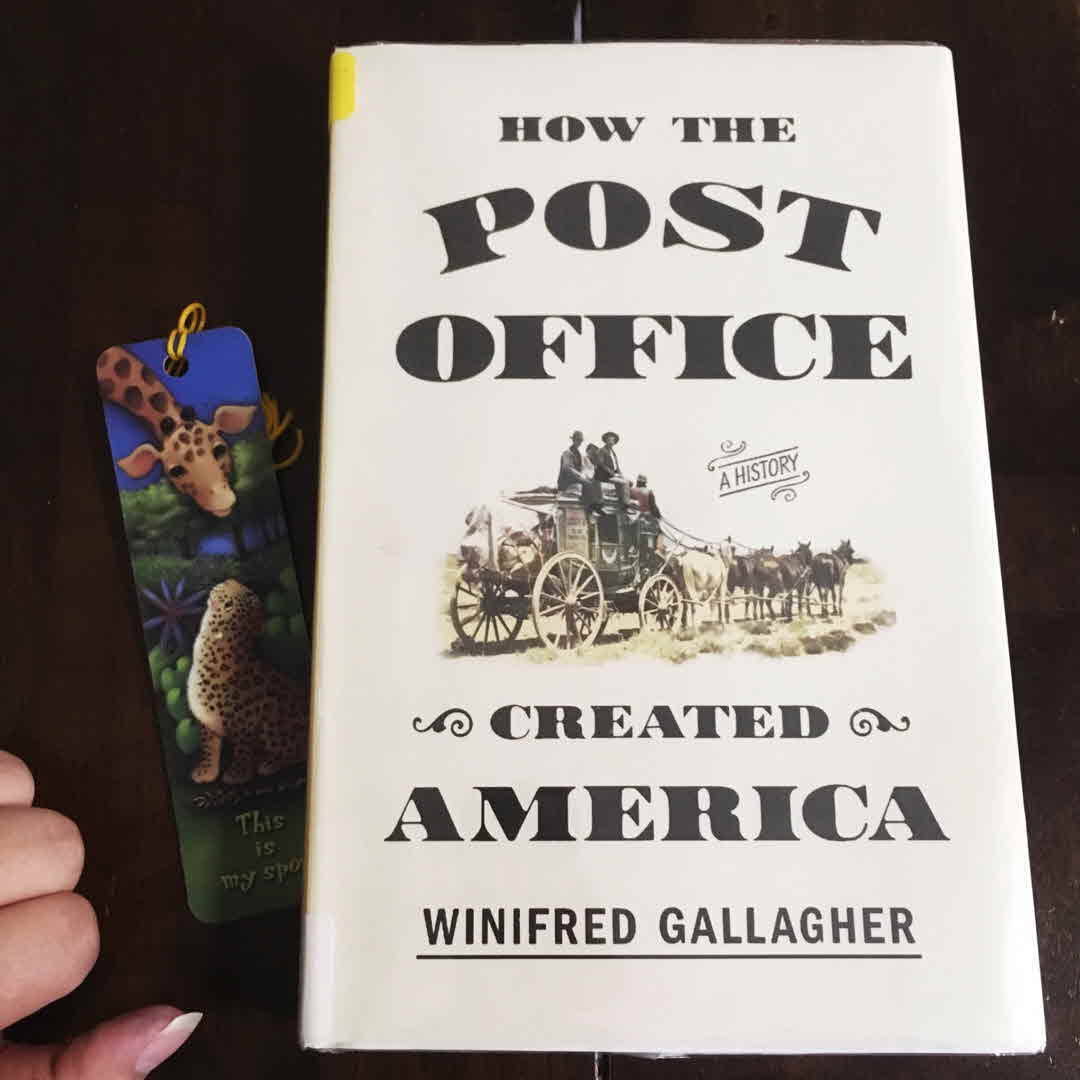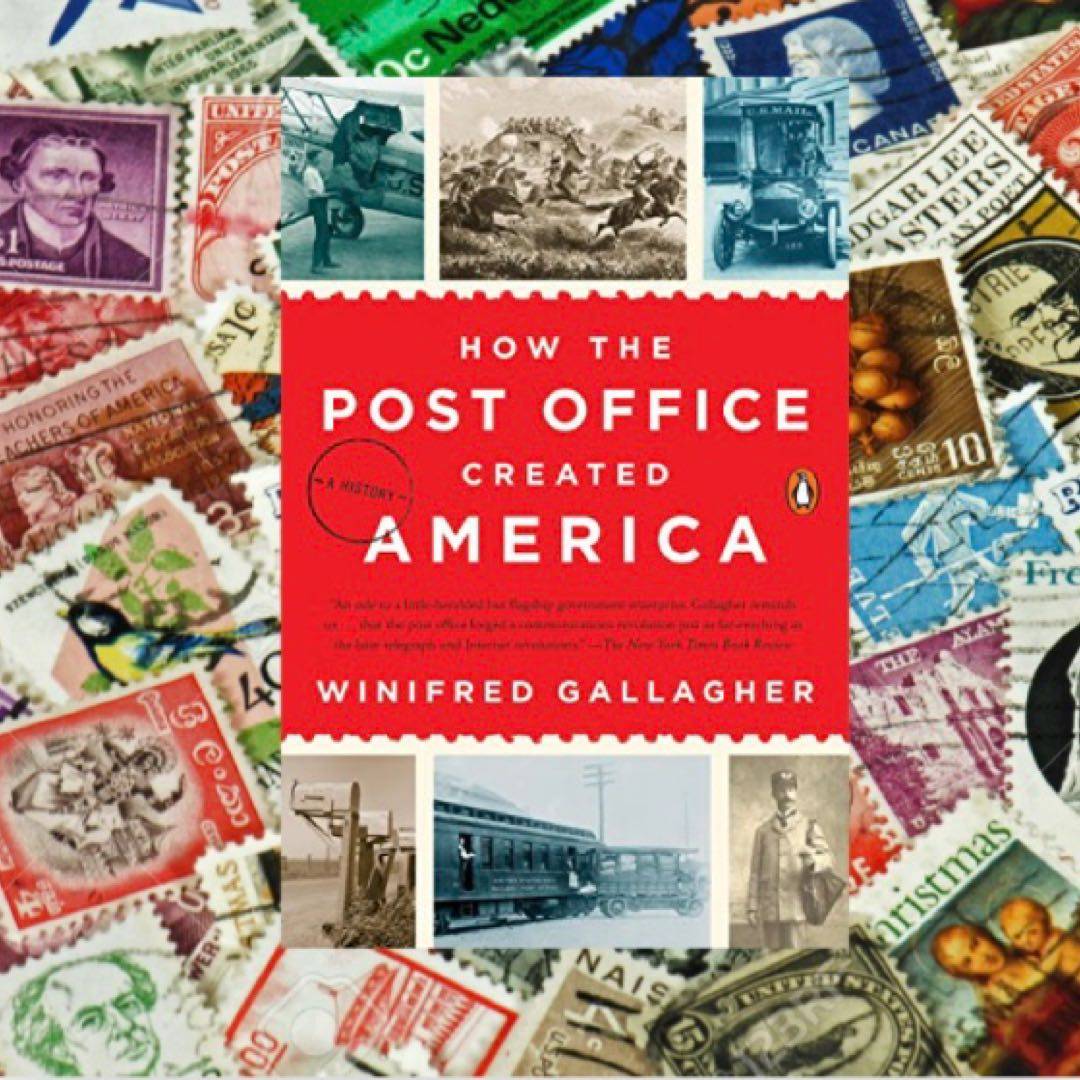
Dry, a bit uneven, but informative. The USPS was pivotal to the US transportation grid, played a role in the great migration from the Atlantic to the Pacific, and helped the US shift from an agrarian to an industrial economy, and to develop the publishing industry, consumer culture, & the political party system. They were the first to hire women, African Americans, and other minorities for positions in public life.







